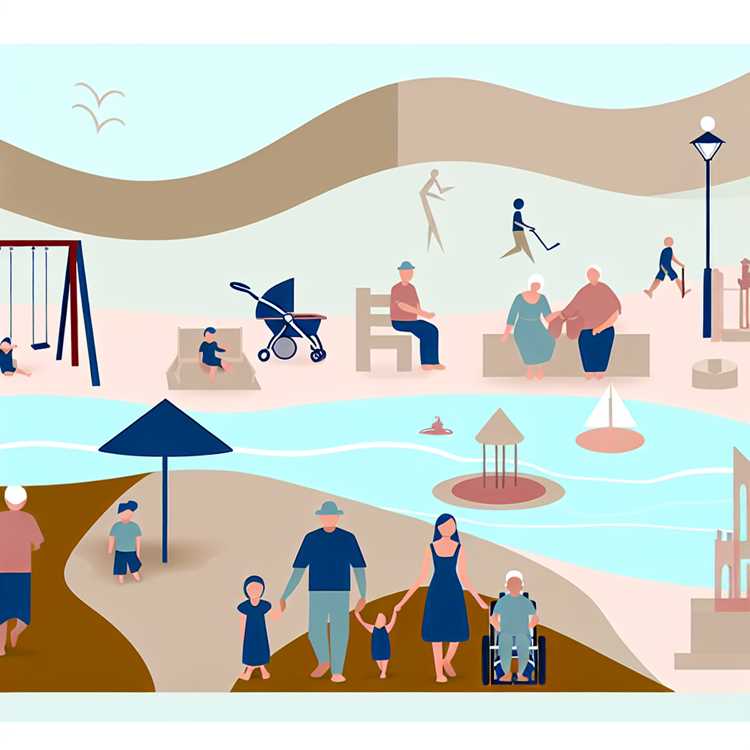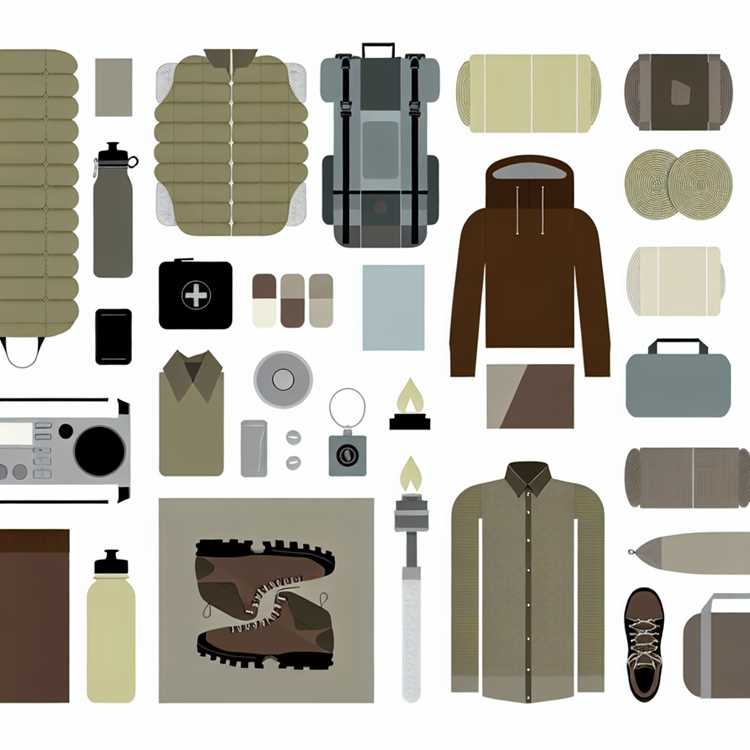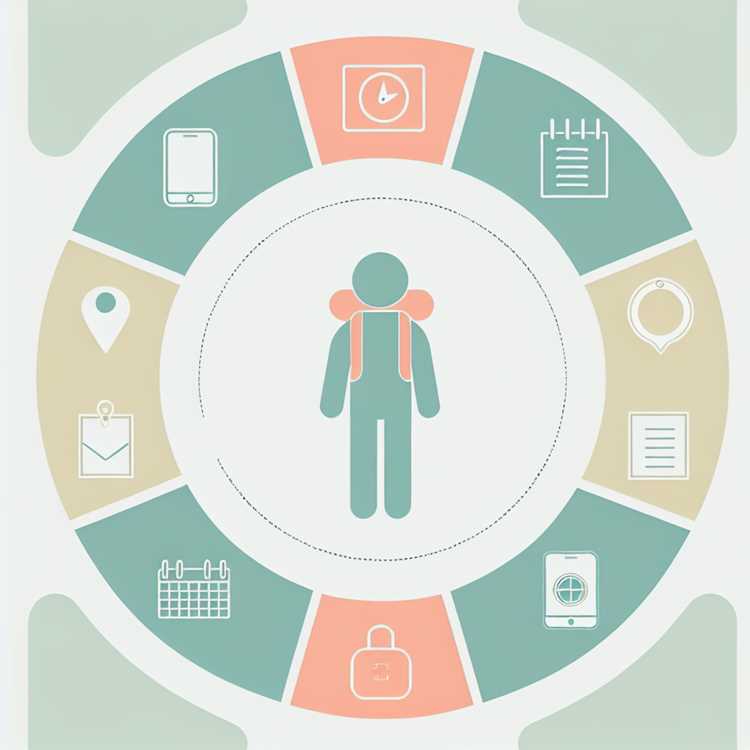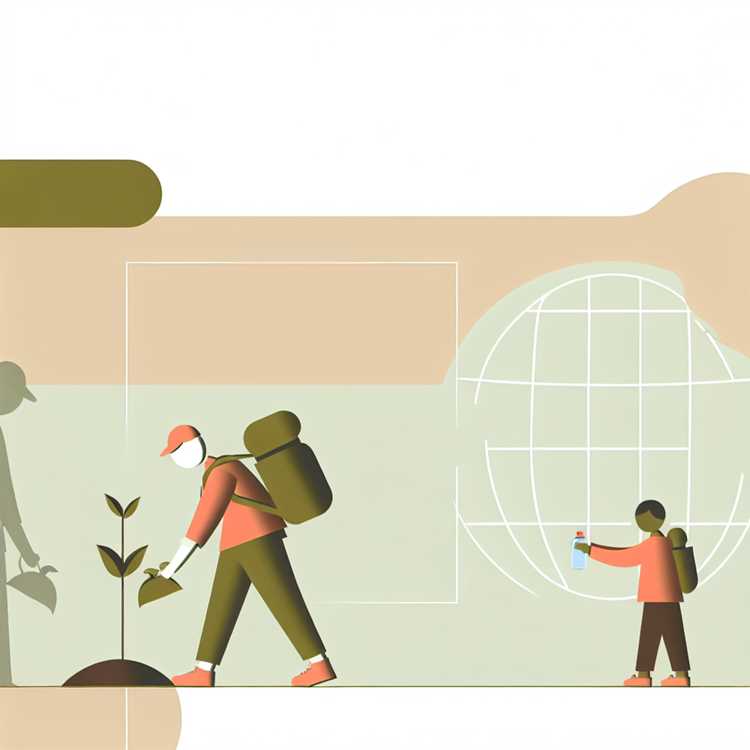
Pick a base that matches your primary need: choose Lisbon for fast EU routing and reliable fiber (typical home speeds 150–300 Mbps, one-bedroom rents €900–1,400/month, coworking memberships €120–250/month, Schengen tourist stays 90 days with D7 or Remote Work visas for longer stays); choose Chiang Mai for low living costs and strong expat networks (home speeds 50–150 Mbps, one-bedroom $250–600/month, coworking €60–120/month, common tourist/education visa routes); choose Medellín for year-round spring-like weather and growing startup scenes (home speeds 20–100 Mbps, one-bedroom $300–700/month, coworking $80–150/month, Colombia offers remote-work visa options).
Aim for consistent connectivity: require at least 50 Mbps download and 10 Mbps upload for stable video calls and file transfers. Always confirm advertised speeds with an on-site Speedtest, prefer listings that advertise wired Ethernet to the unit, and budget for a mobile data plan (4G/5G) as backup – expect local SIM plans between $10–30/month for 50–100 GB. Carry a compact travel router and a 20,000 mAh power bank if you plan to work from cafes or parks.
Handle visas, taxes and healthcare proactively: track days in each country (many tax systems use a 183-day threshold), consult a tax advisor before establishing residency, and register for local visas when available (Portugal D7 and Digital Nomad visas, Estonia’s Digital Nomad Visa and e-Residency distinctions, Georgia’s 180-day remote program). Buy international health or expat insurance that covers telemedicine and medical evacuation; expect quality plans in the $50–200/month range depending on coverage and age.
Optimize money, tools and security: set up multi-currency accounts (Wise, Revolut), keep an emergency fund equal to three months’ expenses, and use a hardware-backed password manager plus two-factor authentication. Use a trusted VPN for public Wi‑Fi, schedule client calls by comparing UTC offsets (Lisbon UTC+0/1, Chiang Mai UTC+7, Medellín UTC-5) to avoid late nights, and join a coworking space for faster internet, stable power and local contacts – many offer daily passes from $10 and monthly rates under $200.
Quick checklist you can act on today: verify visa length and entry rules, confirm apartment wired speed >50/10 before booking, secure local SIM with at least 50 GB, buy expat health insurance, open a multi-currency account, install VPN and password manager, and budget three months’ savings. Follow these steps and you’ll minimize downtime and focus on productive remote work from your chosen hub.
Apply for remote-work visas: city-by-city checklist and required documents
Apply at least 8–12 weeks before your planned arrival; gather originals, certified translations where required, and 3–6 months of bank statements before starting any application.
Universal checklist (documents to prepare for most programs)
Valid passport with 6+ months validity and spare photocopies; two passport-size photos meeting consulate specs; completed visa or permit application form from the official immigration portal; recent criminal record certificate (apostilled or consular-certified if required); proof of remote employment or self-employment: signed employment contract, recent payslips (last 3 months) or company registration documents and invoices; bank statements showing steady income (3–6 months) and required minimum balance; employer letter confirming remote status and permission to work remotely (if employed); comprehensive travel/medical insurance covering the host country and the full visa duration (policy number and coverage amount); proof of accommodation (rental contract, hotel booking, or host letter); return or onward travel booking or statements showing funds to purchase ticket; visa fee payment receipt and appointment confirmation for biometrics; certified translations and apostilles for non-English documents when the country requests them.
City-by-city checklists (names, minimums, documents, timeline)
Tallinn, Estonia – Digital Nomad Visa: Minimum income roughly €3,504 per month. Required: passport, visa application, employment contract or client contracts, employer letter, 3–6 months of bank statements, travel/health insurance, proof of accommodation, passport photo, fee. Typical processing: up to 30 days. Book embassy/consulate appointment for biometric data and confirm current income threshold on the Estonian Police and Border Guard Board site.
Dubrovnik / Zagreb, Croatia – Digital Nomad Residence Permit: Minimum monthly income approximately equal to €2,000 (check current HRK amount). Required: passport, application form, proof of remote work (contract or invoice history), bank statements (3–6 months), health insurance valid in Croatia, proof of address, background check. Processing: roughly 30–90 days depending on municipality. Submit to local police administration or Croatian embassy if applying from abroad.
Tbilisi, Georgia – Remotely from Georgia (visa-free or e-permit pathways): Typical minimum income $2,000 per month for individuals. Required: passport, online application or arrival registration, proof of employment or clients, recent bank statements, travel/health insurance covering Georgia, proof of accommodation. Processing: many approvals happen within days; confirm entry rules for your nationality on Georgia’s Migration Service site.
Dubai, UAE – Virtual Working Program (Dubai Remote Work Visa): Minimum salary usually US$5,000/month or proof of savings (approx. US$10,000) for freelancers. Required: passport copy, passport photo, letter of employment or proof of company ownership, last three months’ bank statements, health insurance valid in UAE, employment contract, completed application and visa fee. Processing: 3–10 business days after submission through the official portal or partner service.
Bridgetown, Barbados – Welcome Stamp (12-month remote work visa): Minimum annual income US$50,000. Required: passport, passport photo, employment contract or proof of business, recent bank statements confirming ability to cover stay, comprehensive health insurance, proof of accommodation, completed online application and fee. Processing: approvals typically within a week; payment required at application.
Valletta, Malta – Nomad Residence Permit: Typical monthly minimum around €2,700 for single applicants (confirm current figure). Required: passport, recent photo, employment contract or company documents, bank statements (3–6 months), health insurance covering Malta, proof of accommodation, criminal record certificate, application fee. Processing: expect up to 30 days for a decision; apply through Identity Malta portal or Maltese consulate.
Lisbon, Portugal – (D7 / Remote-worker pathways): For long-stay options expect to show stable, recurring income (amounts referenced to Portuguese minimum wage or scheme-specific thresholds). Required: passport, national visa/residence application, proof of passive or remote income (bank statements, contracts, certificates), criminal record extract (with apostille if issued abroad), proof of accommodation, travel/health insurance until national health registration, tax or social-security documentation if applicable. Processing: embassy visa stage 1 can take 2–8 weeks; SEF appointment required for residence card. Check the Portuguese consulate website for the exact income calculation method.
Practical recommendations: schedule embassy/consulate appointments early; request certified translations and apostilles at least 3–4 weeks before submission; label each document with applicant name and passport number to avoid processing delays; keep both digital PDFs and a printed binder with originals plus one set of photocopies; pay fees with the method specified on the official site and save receipts. Confirm current fees, income thresholds and document lists on the host-country immigration page before you submit any application.
Compare monthly living costs: rent, coworking, groceries, transport and local fees
Target a monthly budget: plan between $700 and $2,500 per month based on location; below are itemized averages, one-time move-in fees and practical cost-cutting moves.
Lisbon – Rent: 1BR city centre $1,100–1,400, outside $700–900; Coworking: $120–220; Groceries: $250–350; Transport: monthly pass $45–60; SIM/internet: $20–35; Private health insurance: $60–120. One-time: deposit 1–2 months’ rent, residency/visa processing typically $75–300. Tip: pick neighbourhoods near tram/metro lines to save on taxis and prioritize apartments with utilities included to avoid surprise bills.
Barcelona – Rent: 1BR city centre $1,000–1,600, outside $700–900; Coworking: $120–250; Groceries: $250–350; Transport: monthly card $45–60; SIM/internet: $15–25; Private insurance: $60–150. One-time: deposit 1–2 months. Tip: negotiate 6–12 month leases for 5–15% discounts and use local markets for cheaper fresh produce.
Prague – Rent: 1BR city centre $700–1,100, outside $500–800; Coworking: $100–180; Groceries: $200–300; Transport: monthly pass $25–35; SIM/internet: $15–25; Private insurance: $40–100. One-time: deposit 1–2 months, local registration fees minimal. Tip: choose tram/metro-accessible outer districts to cut rent while keeping commute under 30 minutes.
Medellín – Rent: 1BR city centre $350–650, outside $200–400; Coworking: $60–150; Groceries: $150–230; Transport: monthly metro card $25–30; SIM/internet: $10–20; Private insurance: $40–100. One-time: deposit 1 month common. Tip: rent negotiable for 3–6 month stays; use local markets and seasonal produce to lower grocery bills.
Chiang Mai – Rent: 1BR $300–600, outside $180–350; Coworking: $50–120; Groceries: $120–200; Transport: scooter costs $30–60/month (fuel/maintenance) or use ride apps; SIM/internet: $10–15; Private insurance: $40–100. One-time: visa runs or tourist-visa fees $30–60 for short stays. Tip: opt for monthly coworking passes only when you need stable desk + fast internet; many cafes offer reliable Wi‑Fi.
Bali (Canggu/Ubud) – Rent: studio/1BR $400–900, shared $200–400; Coworking: $60–150; Groceries: $150–250 (eat local for savings); Transport: scooter $40–70/month; SIM/internet: $10–25; Private insurance: $50–120. One-time: deposit 1 month usual, visa on arrival $35 (30 days) with extension costs higher. Tip: long-stay villa rentals often include fast Wi‑Fi and reduce per-person rent on 3+ month deals.
Buenos Aires – Rent: 1BR city centre $350–700, outside $200–400; Coworking: $50–150; Groceries: $150–250; Transport: monthly pass $15–20; SIM/internet: $10–20; Private insurance: $30–100. One-time: deposit 1–2 months common, paperwork fees vary. Tip: use local apps for groceries and frequent promos; eating out remains very affordable compared with Europe.
Practical allocation and quick wins – Allocate your monthly budget roughly as: rent 45–60%, coworking 5–10% (or 0% if remote cafés work), groceries 8–12%, transport 2–6%, insurance/fees 3–8%. Save 15–30% by choosing outside-centre apartments with fast transit, signing 3+ month rental deals, buying a local SIM with data-only plan, and switching to coworking day passes when travel interrupts your schedule. Always budget 1–3 months’ rent for move-in deposits and $50–400 for visa/registration or extension fees depending on country.
Set up reliable connectivity: local SIMs, fixed Wi-Fi, backup mobile hotspots and speed targets
Buy a local prepaid SIM with 30–100 GB and an unlocked phone on arrival; enable tethering and verify upload/download speeds within the first hour.
Choose between physical SIM and eSIM based on stay length and device support:
- Physical SIM: cheaper for multi-month stays; expect 10–30 USD/EUR for 20–60 GB in many markets. Bring an unlocked phone and a small SIM ejector tool.
- eSIM: fastest activation for stays under two months or multiple short trips; use providers that publish APN settings and allow tethering. Check device compatibility before purchase.
- Registration: carry passport/ID–many countries require SIM registration at point of sale; ask the vendor if the plan supports tethering or has hotspot data caps.
Fixed Wi‑Fi setup for steady work
Request a fiber connection or the fastest available plan for the property, insist on an Ethernet wall jack or install one. Use a router that supports 802.11ac/ax and set up wired connections for primary work devices.
- Router and cabling: use a dual-band/tri-band router and at least CAT5e (CAT6 preferred) for wired runs.
- Mesh systems: add mesh points when coverage drops in larger apartments (100+ m²) or older buildings with thick walls.
- Settings: enable WPA2/WPA3, change default admin password, create a separate guest network for visitors, and configure QoS to prioritize VoIP and video-conferencing devices.
- Power and redundancy: add a small UPS or power bank for the router (30–60 minutes) to ride through short outages.
- Contract choice: pick month-to-month or short-term plans if your stay is flexible; confirm upload speed and public IP requirements if you need remote access or run servers.
Backup mobile hotspots and redundancy
Carry at least two independent cellular fallback options: a dedicated MiFi device or a secondary phone + two SIMs from different mobile networks.
- MiFi device: choose models with removable SIM, 4G LTE Advanced or 5G support, simultaneous connections for 10–30 devices, and battery life ≥8 hours (or carry a 20,000 mAh power bank).
- SIM strategy: keep one local carrier with the best coverage in your neighborhood and a second carrier for network diversity; consider a lightweight international eSIM for emergency access.
- Power plan: pack a 20,000 mAh power bank and a USB‑C PD charger so hotspots and phones can stay online during extended outages.
- Throttling and fair use: review each carrier’s hotspot data limits and throttling thresholds; buy plans that explicitly include hotspot or tethering allowances.
Account for VPN and conferencing overhead by adding 20–30% extra bandwidth to any target speed below.
Use these speed and quality targets as rules of thumb:
- Basic browsing, email, messaging: 3–5 Mbps down, 0.5–1 Mbps up.
- Single-person HD video call (720p): 2–3 Mbps up and down; allow 3–5 Mbps for consistent quality over shared networks.
- Group video call or 1080p: 5–8 Mbps up and down per active participant who sends video.
- Large uploads, cloud backups, file sync: 50 Mbps+ if you transfer multi-GB files frequently.
- Streaming 4K (entertainment): ~25 Mbps down.
- Latency and reliability: aim for <50 ms for interactive work, <100 ms acceptable; jitter <30 ms and packet loss <1%.
Quick checklist to implement before starting paid work:
- Buy and activate local SIM or eSIM; confirm tethering and test speeds with Speedtest or Fast.com.
- Set up wired Ethernet for laptop/desktop and secure the router (WPA2/WPA3, change admin password).
- Enable QoS and assign priority to your work device(s); create a guest SSID for visitors.
- Provision two cellular backups (MiFi or second phone + SIM), power bank, and dual chargers.
- Run speed tests during local peak hours (evening) and compare to daytime; record results and keep receipts for plan top-ups or disputes.




